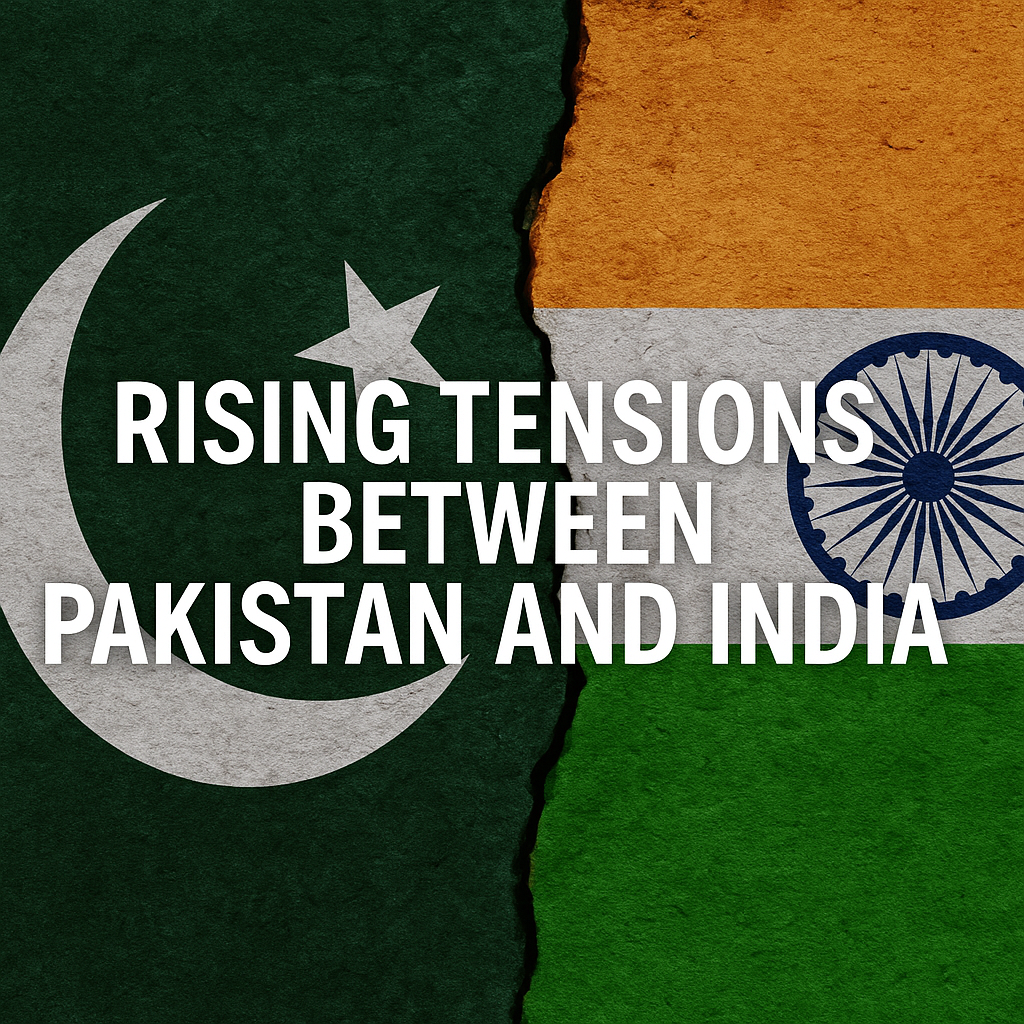South Asia is once again at a geopolitical crossroads as tensions rise between Pakistan and India. While diplomatic strains between the two nuclear-armed neighbors are nothing new, recent developments have rekindled anxiety across political, social, and economic spheres. Beyond the headlines of political standoffs and cross-border rhetoric, a critical area affected by these tensions is business and economic stability in the region.
This blog explores the recent tensions, their root causes, and the potential impact on trade, investment, and cross-border business activity.
Recent Developments Triggering the Tensions
In the past few months, relations between Pakistan and India have soured due to a combination of political statements, military activities along the Line of Control (LoC), and hardline policies. Key developments include:
- Increased military presence and skirmishes along the LoC.
- Political statements by Indian leadership regarding territorial claims.
- Diplomatic pushback from Pakistan at international forums.
- Cyber-attacks and misinformation campaigns allegedly from both sides.
While these actions may serve political interests domestically, they have ripple effects on regional economic cooperation and investor confidence.

Impact on Trade and Commerce
1. Suspension of Bilateral Trade
Since 2019, formal trade between Pakistan and India has been severely restricted. The renewed tensions have ensured that normalization remains off the table, affecting industries that once relied on cross-border trade — such as textiles, pharmaceuticals, chemicals, and agricultural products.
Impact:
- Increased costs due to the need to import goods from distant countries.
- Loss of market opportunities, especially for SMEs that previously traded across the border.
2. Investor Confidence and Risk Perception
Foreign investors often view South Asia as a collective market. Political instability and cross-border conflict increase perceived investment risk for the entire region, not just the individual countries involved.
Impact:
- Reduced FDI inflow in sectors like IT, manufacturing, and energy.
- Delay or cancellation of joint ventures and regional infrastructure projects.
Impact on Regional Startups and Tech Ecosystem
The tech and startup ecosystem in both countries has seen significant growth, with potential synergies in fintech, edtech, and e-commerce. However, rising political heat stifles this cooperation:
- Tech talent mobility becomes restricted.
- Cross-border collaboration in innovation is halted.
- Digital infrastructure policies are hardened with stricter regulations.
Media, Tourism, and Cultural Industries Suffer
The cultural ties between Pakistan and India have historically been a bridge in turbulent times — through Bollywood, cricket, music, and TV dramas. These industries generate millions in revenue and support thousands of jobs. With bans and public sentiment turning hostile, these sectors face:
- Boycotts and bans on artists.
- Reduced tourism revenues.
- Canceled cross-border festivals, sports events, and exhibitions.
Economic Fragility: Who Pays the Price?
While governments may stand firm on political narratives, businesses, especially small and medium enterprises (SMEs), pay the real price. The lack of economic engagement leads to:
- Fewer employment opportunities.
- Higher costs for consumers and businesses.
- Slower GDP growth in an already struggling regional economy.
A Call for Economic Diplomacy
In a globalized world, economic cooperation is not just about profits — it’s a path to peace and mutual progress. The governments of both nations must understand that sustained tension:
- Stalls economic recovery post-COVID.
- Diverts resources from development to defense.
- Isolates the region from global trade and investment flows.